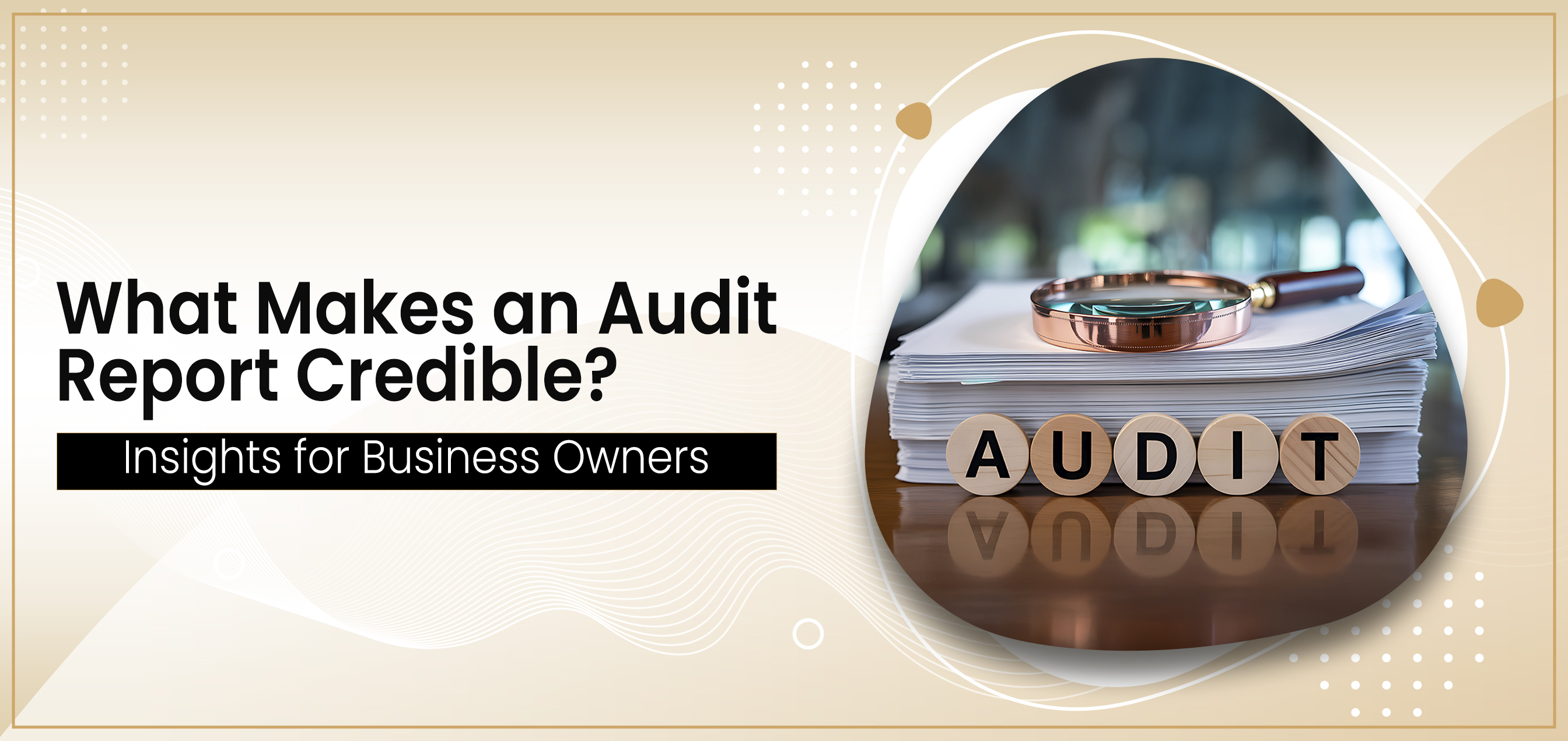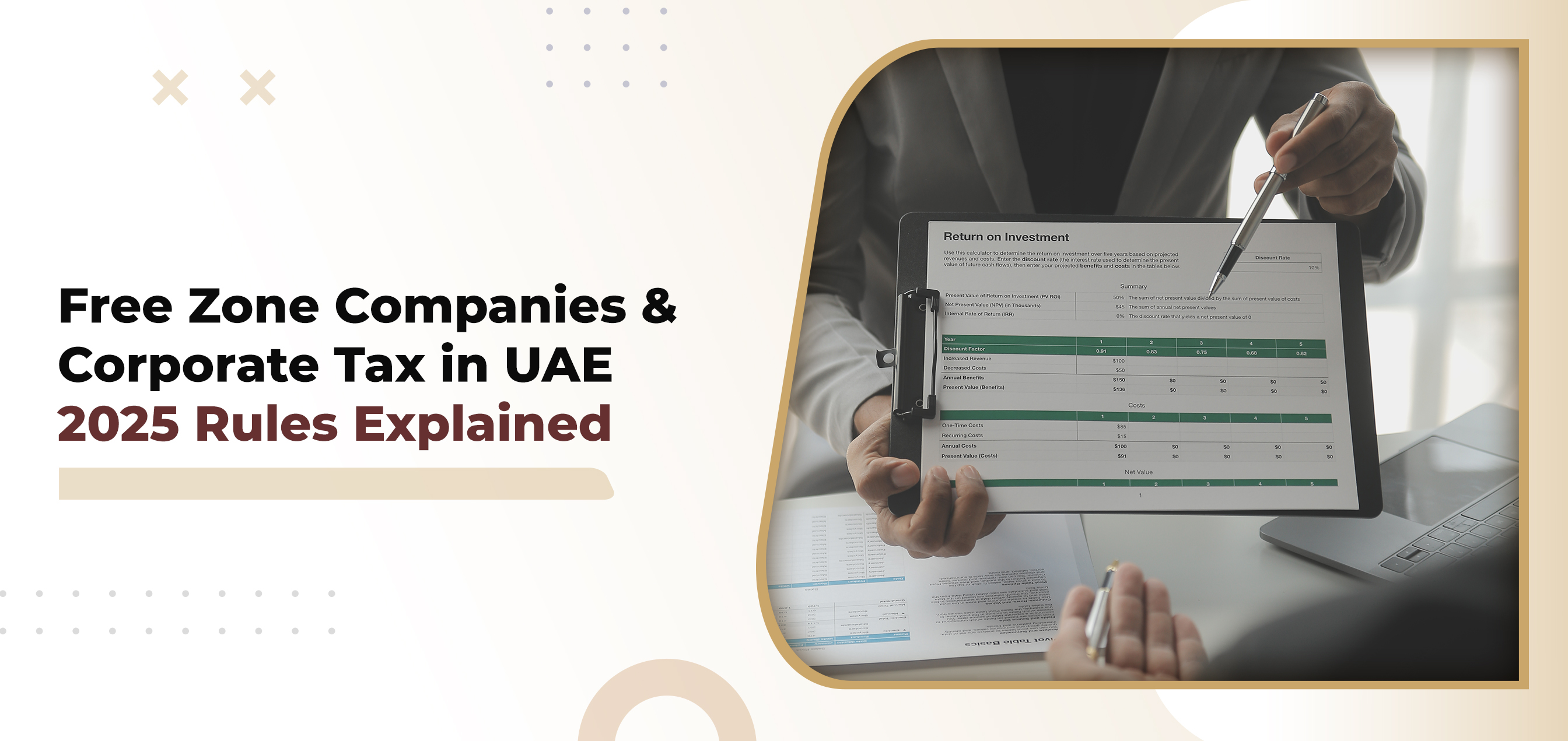02 Feb 2022
To date, UAE had only implemented indirect taxes i.e., VAT and Excise tax, but now with the introduction of a Direct tax, I.e., Corporate tax, UAE is moving towards making its economy stronger and ensuring better accountability and compliance framework.
Corporate tax will only be applicable to trade and business activities conducted in UAE in an ongoing and regular manner. However, extraction of natural resources is still within the scope of and will be subject to Emirate Level corporate taxation. The Federal Tax Authority (FTA) will be responsible for administration, collection and implementation of CT.
Corporate Tax is a form of direct tax levied on the net income or profit of corporations and other businesses
Corporate Tax is sometimes also referred to as “Corporate Income Tax” or “Business Profits Tax” in other jurisdictions
“UAE Corporate Tax will apply equally to all categories of profits and other (net) income reported in the financial statements prepared in accordance with internationally acceptable accounting standards.” FTA
Only one CT return will need to be filed per financial period
No provisional or advance CT filings will be required
A financial period is generally a year
Tax Rates:
0%- For Income up to AED 375,000
9%- For Income above AED 375,000 (Based in band)
|
Example of how CT will be calculated, |
|
If business taxable income is AED 500.000? |
|
AED 375,000 at 0% = AED 0 |
|
(AED 500,000- AED375,000 at 9%) = AED 125,000 x 9% = AED 11,250 |
Determination of whether a business is within the scope of UAE CT will depend on the Residency status of the business in UAE, just like many other countries.
However, many reliefs and incentives are also expected, including carrying forward losses and exemptions for small businesses and start-ups.
However, this will include all business income earned under a commercial license whether owned by an individual, will be subject to CT. UAE CT will generally apply to income earned from activities carried out under a freelance license / permit, albeit no CT will be payable unless the annual net income of the freelance professional exceeds AED 375,000.
Some key points to note:
- This does not include income tax, on Individuals and is only applicable to businesses and trade in UAE. Excluding, incomes from employment, Real Estate, investment in shares, and other personal incomes not related to UAE trade or businesses.
- There will be corporate tax incentives for Freezone businesses that meet the necessary requirements.
- Can credit foreign tax paid against UAE tax payable
- General Loss transfer and utilization rules will be available to businesses.
The UAE CT regime will allow a business to use losses incurred (as from the UAE CT effective date) to offset taxable income in subsequent financial periods
A loss for CT purposes (tax loss) would arise when the total deductions the businesses can claim are greater than the total taxable income for the relevant financial period. Tax losses from one group company may be used to offset taxable income of another group company, provided certain conditions are met
What Will not be included:
- Capital Gains/Dividends received by UAE businesses from qualifying shareholdings (qualifying shareholding refers to an ownership interest in a UAE or foreign company that meets certain conditions to be specified in the UAE CT law)
- Qualifying intergroup transactions and restructurings (Qualifying intra-group transactions and reorganizations will not be subject to UAE CT provided the necessary conditions are met)
- Interest and other income earned by an individual from bank deposits or saving schemes
- CT UAE does not include ‘Withholding tax’ on the cross border/domestic payments
Based on the information released to date, it is expected that the CT will be adopted from the OECD tax framework with a two-pillar plan.
This is an overview of what is to be expected, as UAE is moving towards a more established economy and introducing and enhancing its tax regime. After successful implementation of excellent compliance regulations like Economic Substance Regulations, CBCR, AML-CTF systems, and Other Reporting requirements, now Corporate tax will further solidify UAE’s economy in the global market in terms of financial accountability and transparency.




